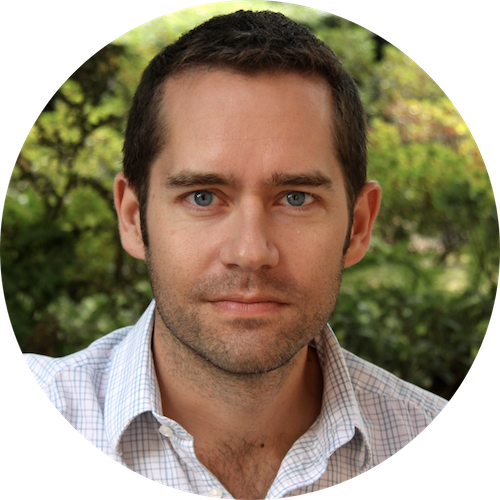With this essay, SSRC president Alondra Nelson inaugurates the Council’s Covid-19 and the Social Sciences essay forum. The discussion of how to reopen our societies in the wake of the Covid-19 pandemic poses special questions for social researchers, she argues. How do the social conditions exposed, exacerbated, and created by the novel coronavirus demand that we substantively rethink our ideas of society and, therefore, some of the prevailing assumptions of social science?
































